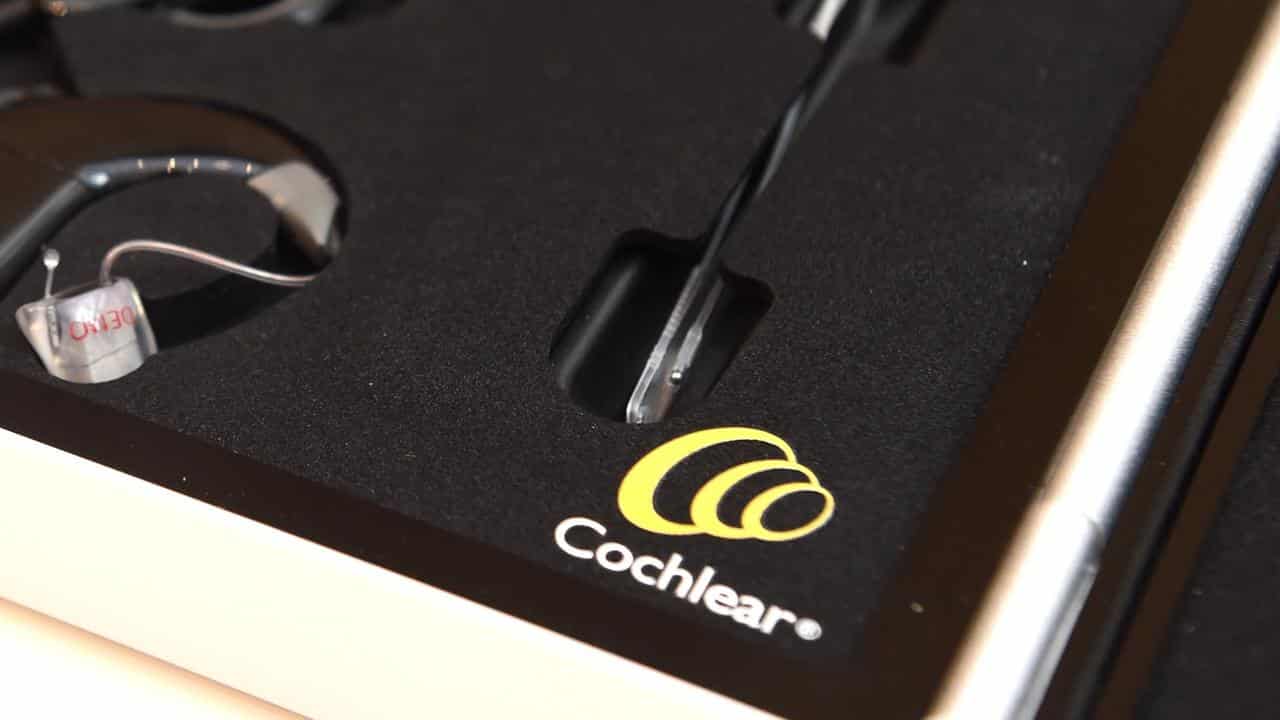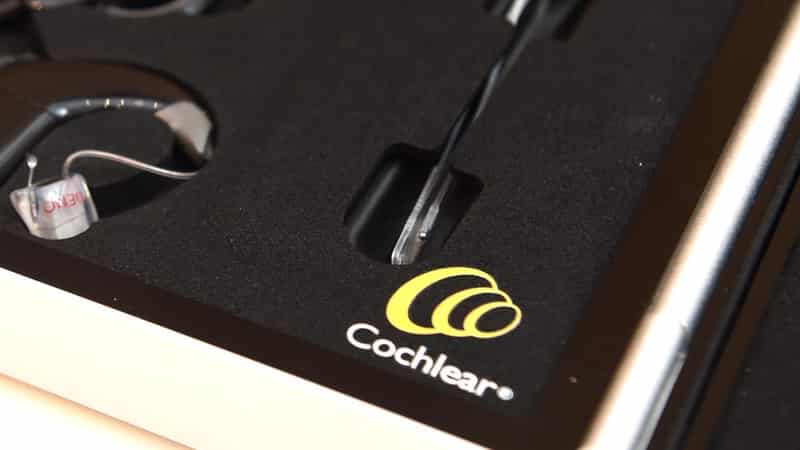
Cochlear has reported strong growth across all business units as hospital staffing returned to normal following the pandemic and the company launched a new next-generation sound processor.
The Sydney-based company reported on Tuesday its statutory net profit was up four per cent to $301 million, with underlying net profit up 10 per cent to $305 million, the top end of guidance.
Sales revenue for the 12 months to June 30 was up 19 per cent to $1.96 billion, compared to the year before. Its second-half revenue up 29 per cent.
The clinical capacity constraints Cochlear experienced in 2021/22 from hospital staffing shortages stabilised in the first half and the COVID-related surgical backlog seemed to have mostly cleared by year-end.
There were 44,156 Cochlear units implanted in patients during 2022/23, up 16 per cent from the prior year.
Cochlear's new Nucleus 8 Sound Processor gained regulatory approval across major markets during the first half and helped drive sales revenue.
Cochlear says it is 15 per cent smaller and 13 per cent lighter than its predecessor and helps recipients hear conversations more clearly, particularly in noisy situations.
Cochlear declared a final dividend of $1.75 per share, 70 per cent franked, taking its full-year dividend to $3.30, up 10 per cent from last year.
The company forecast its 2023/24 underlying net profit would grow 16 to 23 per cent to $355 million to $375 million, driven by both revenue growth and an improved net profit margin.
RBC Capital Markets analyst Craig Wong-Pan said Cochlear had delivered a strong operational result with revenue and gross profit exceeding analyst expectations by five to seven per cent.
"We expect the market will view the result positively given the strong operational performance and higher than expected FY24 guidance," he said.
At 10.09am AEST, Cochear shares were on track for their best performance since February 15, up 6.7 per cent to a two-month high of $248.72.









